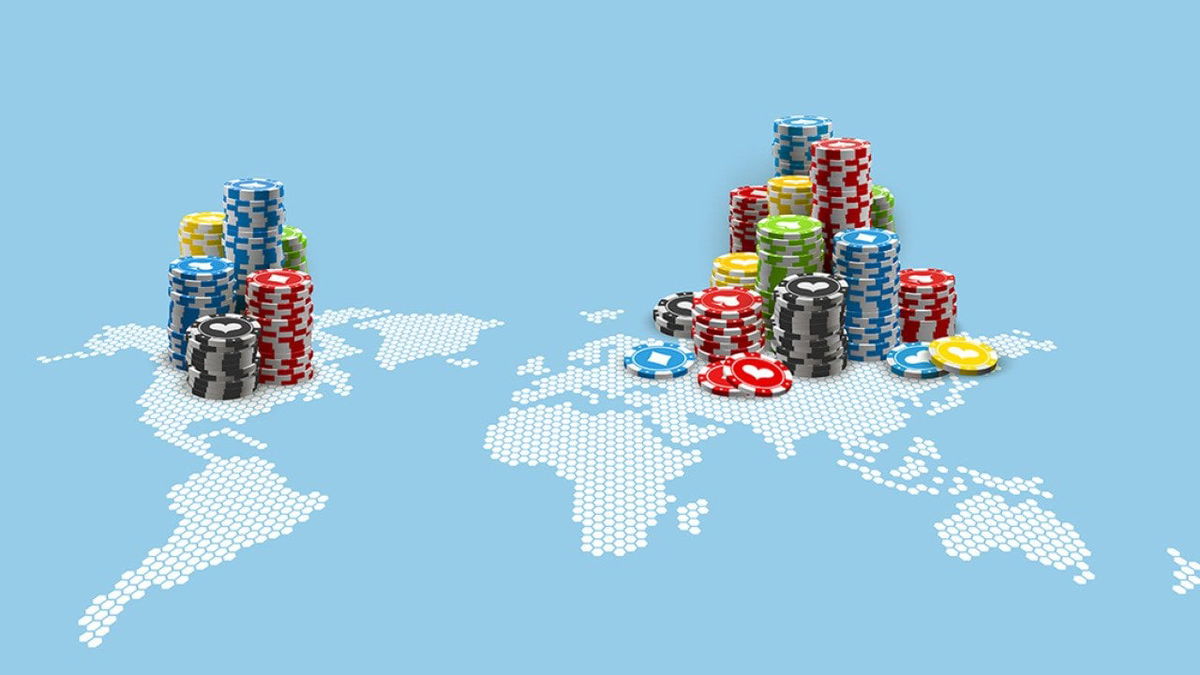Introduction to iGaming in! Brazil
For iGaming operators looking to tap into the growing Brazilian market, understanding the importance of legal compliance is crucial. It’s not just about following the rules; it’s about earning the trust and respect of players. In this article, we’ll delve into the world of iGaming regulations in Brazil, the risks of non-compliance, and the ongoing debates surrounding Responsible Gaming.
iGaming Regulations in Brazil
As of January 1, 2025, Brazil has a new set of regulations in place for fixed-odds betting on sporting and non-sporting events, including online casino games. Law No. 14,790/2023, signed by President Luiz Inácio Lula da Silva, established a legal framework under the jurisdiction of the Secretariat of Prizes and Betting (SPA) and the Ministry of Finance. These regulations include responsible gaming measures that must be adopted by iGaming platforms, such as:
- Self-exclusion tools: Voluntary cooldown or exclusion periods, during which operators are prohibited from sending promotional content.
- Deposit and betting limits: Players can set their own limits, and regulators are considering mandatory caps to prevent excessive losses.
- Behavioral monitoring: Operators must track gambling patterns and flag users at risk.
- Advertising restrictions: Bans on influencer marketing that glamorizes iGaming or misleads about personal success.
- Payment restrictions: Credit cards are banned for betting, and strict anti-money laundering (AML) and identity verification measures are required.
Risks of Not Adopting Responsible Gaming Measures
The consequences of not complying with these regulations are severe. Operators risk:
- License revocation or suspension: Having their licenses suspended or blocked.
- Lawsuits and public legal actions: Facing lawsuits and public legal actions, such as the one filed by the Rio de Janeiro Public Defender’s Office against 43 providers.
- Loss of trust: Losing the trust of players, who will turn to competitors that prioritize responsible gaming.
- Fines: Facing non-compliance penalties that can reach BRL 2 billion (approximately USD 360 million).
- Blacklisting: Being barred from obtaining new licenses in the future and losing access to Brazil’s massive market.
- Bans: Having individuals prohibited from serving on corporate boards.
Responsible Gaming Debates in Brazil
The topic of Responsible Gaming has sparked intense debate in Brazil. Authorities and public defenders are raising concerns about addiction and the lack of player protection, while operators argue that overregulation could do more harm than good. The result is a nationwide debate that is as complex as it is crucial, with the future of Brazil’s iGaming landscape at stake.
Advertising and Responsible Gaming
Advertising is a hot-button issue in Brazil, with legal actions claiming that current practices are insufficient. There are calls for stricter, measurable limits, such as timeouts, bet alerts, and user history dashboards. The National Association of Games and Lotteries (ANJL) is working with broadcasters and regulators to curb illicit advertising and support responsible messaging in media campaigns.
Trends in Responsible Gaming
As regulations evolve and technology advances, we can expect to see smarter, more player-focused tools emerge. Trends include:
- National self-exclusion registry: A centralized database of self-excluded or legally barred players to prevent re-registration across platforms.
- AI-based monitoring: Automated tools to detect risky behaviors and provide proactive interventions.
- Enhanced mandatory limits: Regulators may impose compulsory betting or loss limits for new or high-risk players.
- Stricter marketing controls: Influencer and affiliate marketing will remain under scrutiny, with potential bans or tight regulations on sponsored content that targets vulnerable groups or downplays risk.
Benefits of Partnering with a Responsible Software Provider
To ensure compliance with Brazil’s new regulations, iGaming operators can partner with a software provider that offers built-in responsible gaming tools. The benefits include:
- Integrated self-exclusion and opt-out tools: Enabling players to quickly block, pause, or restrict their gambling activity.
- Behavioral analysis and intervention mechanisms: Automatically flagging at-risk users and providing support channels.
- Limit-setting features: Letting players establish deposit and time limits and enforcing them across sessions and devices.
- Compliance monitoring: Automated tracking of advertising, affiliate content, payment methods, and messaging to ensure legal compliance.
- Reporting and audit trails: Generating regulatory reports, incident logs, and dashboards accessible to SPA auditors and internal compliance teams.
Conclusion
In conclusion, understanding the importance of Responsible Gaming in Brazil is crucial for iGaming operators looking to tap into this growing market. By partnering with a software provider that offers built-in responsible gaming tools, operators can ensure compliance with regulations, reduce the risk of non-compliance, and earn the trust and respect of players. As the debate surrounding Responsible Gaming continues, one thing is clear: prioritizing player protection and responsible gaming practices is essential for the long-term success of the iGaming industry in Brazil.



